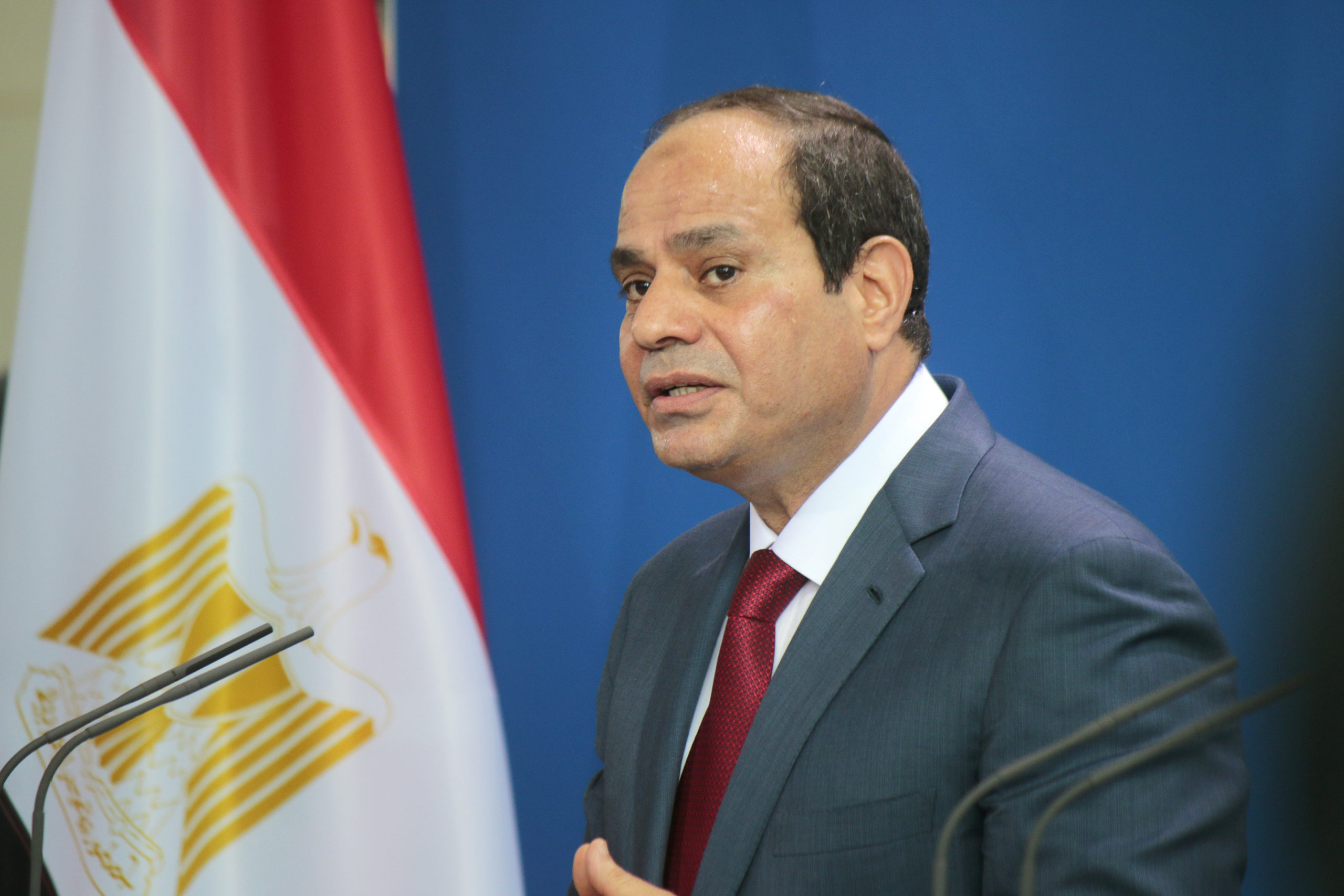While Egypt’s decision to end “the state of emergency” is a positive development, the authorities must take additional steps to remedy the dire human rights situation, the International Commission of Jurists (ICJ) said today.
.هذا البيان الصحفي متوفر باللغة العربية أيضاً
On 25 October 2021, President al-Sisi announced his decision to end the “state of emergency”, in place since 10 April 2017. The authorities had been extending the emergency powers every three months following attacks at two Coptic churches in Alexandria and Tanta in 2017.
The ICJ is concerned that, since 2013, at the behest of President al-Sisi, Egypt has enacted a range of laws, including counter-terrorism laws, that guarantee the continuation of exceptional measures beyond this week’s announcement.
The decision to end the “state of emergency” will not prevent military courts from trying civilians, the abusive use of counter-terrorism measures, the crackdown on civil society groups nor the criminalisation of freedom of expression.
“Until we see meaningful actions – such as the release of all those arbitrarily detained, the abolition of the Emergency State Security Courts, and the repeal of laws targeting civil society groups– the international community should refrain from congratulating President al-Sisi,” said the Director of the ICJ’s MENA Programme, Said Benarbia.
President al-Sisi has also restricted the (already muted) powers of the judiciary through a set of laws that have given him the power to influence judicial recruitment and to appoint the heads of the highest courts in the country.
“What the President has created since coming to power in 2013 – namely, the conditions in which arbitrary detention, torture and enforced disappearance have become an officially sanctioned policy – cannot be undone through lifting the ‘state of emergency’.”
The ICJ is also concerned about the ongoing use of emergency courts beyond the end of the “state of emergency”.
Since April 2017, the Emergency State Security Courts have exercised jurisdiction over ‘crimes’ related to protest and freedom of expression and assembly in contravention of international human rights law and standards on the right to a fair trial. The Emergency Law allows these courts to continue to deal with cases referred to them beyond the end of the “state of emergency”.
‘For the rule of law to be established in Egypt, President al-Sisi must dismantle all the layers of repressive laws and policies that have been used over the last 54 months to stifle dissent and to horrendously crackdown on human rights and civil society.”
The president’s announcement comes only five weeks after the refusal of the US to grant $130 million in military assistance until Egypt addresses specific ‘human rights-related conditions’.
For more information please see the ICJ report Egypt : a return to a permanent state of emergency?
Contact:
Said Benarbia, Director, ICJ Middle East and North Africa Programme, t: +41-22-979-3817; e: said.benarbia(a)icj.org
Asser Khattab, Research and Communications’ Officer, ICJ Middle East and North Africa Programme, e: asser.khattab(a)icj.org





